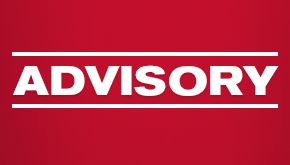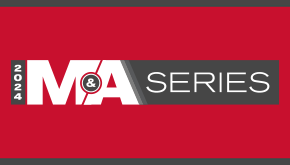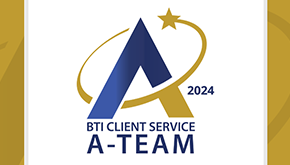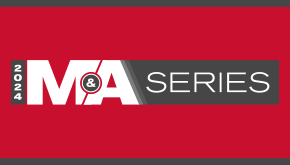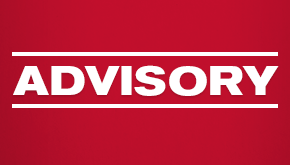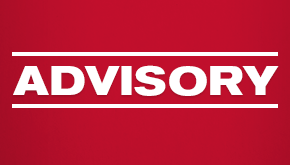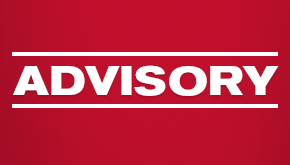The Importance of Privilege in Addressing Pay Equity Risks
Pay equity laws don’t care about your good intentions.
Indeed, under the federal Equal Pay Act and many similar state laws, the absence of discriminatory intent is simply immaterial. Instead, pay equity laws fall into a special category of intent-neutral antidiscrimination statutes. Under these laws, liability generally exists where men and women performing substantially equal work are paid differently—regardless of whether their employer intended that result or even realized it existed.
The law’s disregard for good intentions places a premium on finding and fixing pay equity problems before they become the subject of litigation. However, the effort to uncover legal risks can, itself, expose a company to serious risk if not performed under the protection of attorney-client privilege. This is true because, without privilege, an audit aimed at identifying pay equity problems could easily turn into a roadmap guiding future litigants to a lawsuit victory against their employer.
Establishing and Maintaining Privilege in a Pay Equity Audit
The purpose of a pay equity audit is to uncover problems within an organization’s compensation practices, so the legal and reputational risks associated with those audit results becoming publicly known are obvious. A typical audit will separate employees into groups of similarly situated workers and identify statistically significant pay disparities within those groups. This work is essential to analyzing whether existing pay disparities can be lawfully justified. However, the work product generated from such an analysis would give a plaintiff everything he or she needs to support a pay discrimination claim. The only tool available to cure this Catch-22 scenario is attorney-client privilege.
Privilege, though, cannot be an afterthought when conducting an audit. Establishing and maintaining privilege requires intentional effort from start to finish in any pay equity audit and should include the following steps:
- Engage counsel to initiate and lead the audit for the purpose of developing legal advice for the company regarding pay equity risks and recommendations for mitigating such risks;
- Have counsel engage all statisticians and other consultants involved in the audit (rather than engaging such consultants directly);
- Limit the number of employees actively involved in the audit (to avoid risk of privilege-waiving disclosures);
- Mark all audit correspondence and work product as “Privileged”; and
- Train internal audit team members to understand how to protect privileged information and to what communications and records the privilege will apply.
Scott v. Chipotle Mexican Grill, Inc., a collective action under the Fair Labor Standards Act, illustrates the unfavorable results that can arise from the failure to protect a consultant’s audit work with privilege. See 103 F. Supp. 3d 542, 546 (S.D.N.Y. 2015). There, plaintiffs sought to bolster their wage claims by moving to compel the disclosure of a report for the defendant by one of its HR consultants regarding certain wage practices. A federal district court rejected the defendant’s assertion of privilege over the report and compelled its production, reasoning (1) the report was not prepared by an attorney; (2) the consultant was engaged directly by the defendant (not counsel); and (3) the consultant’s report was not necessary to counsel’s rendering of legal advice.
Recognizing the Limits of Privilege in Pay Equity Audits
While establishing privilege is critical for any successful pay equity audit, employers should also recognize the limits of protection that privilege can offer in the context of an audit.
For example, it is well settled that privilege cannot be used to protect a party’s criminal or fraudulent actions. The crime-fraud exception to privilege applies where “legal advice has been obtained in furtherance of an illegal or fraudulent activity.” In re Green Grand Jury Proceedings, 492 F.3d 976, 982-83 (8th Cir. 2007). Given that many state laws treat wage theft and unlawful pay disparities as criminal offenses—not just violations carrying civil penalties—there is some risk that the crime-fraud exception could undermine privilege assertions made with respect to audit work that appears designed to cover up, rather than fix, pay disparities. In other words, an employer that sets out to conduct a pay equity audit should be prepared to take action on any disparities that are discovered and cannot be lawfully justified. Once known, such pay inequalities must be fixed, and employers should not expect privilege to protect records revealing that they became aware of such disparities and tried to conceal—rather than mitigate—those problems. In addition to jeopardizing privilege, an employer’s inaction upon learning of unjustifiable pay disparities may increase the risk of “knowing” or “willful” violations of pay equity laws, which can subject the employer to higher penalties or liquidated damages.
The protections of privilege will, of course, also disappear upon waiver. Training employees to avoid unintended waivers of privilege is a key component of a successful audit, but there may be circumstances where an employer could reasonably choose to waive privilege. Some states and commonwealths have created an affirmative defense in pay-discrimination cases that would be available to employers who conduct regular pay equity audits. Massachusetts and Oregon have recognized audit-based affirmative defenses for employers that have (1) conducted a good faith, reasonable pay audit before an equal-pay claim has been filed; and (2) made reasonable progress in eliminating any prohibited gender-based wage disparities discovered by the audit. This reward for employers who conduct audits in Massachusetts and Oregon comes with a risk, though: a waiver of privilege over audit records may flow from reliance on the audit-based affirmative defense. Thus, employers conducting audits in jurisdictions that recognize an audit-based affirmative defense should work closely with counsel to structure their audits with a goal of avoiding a blanket privilege waiver where the defense is utilized.
Privilege considerations in the context of pay equity audits are as complicated as they are important. However, through careful planning and coordination with experienced counsel, an employer can conduct a successful audit to identify and mitigate risks without creating a new set of risks in the process.


